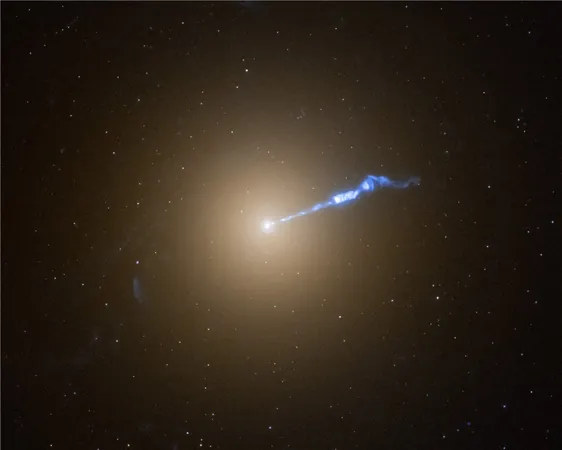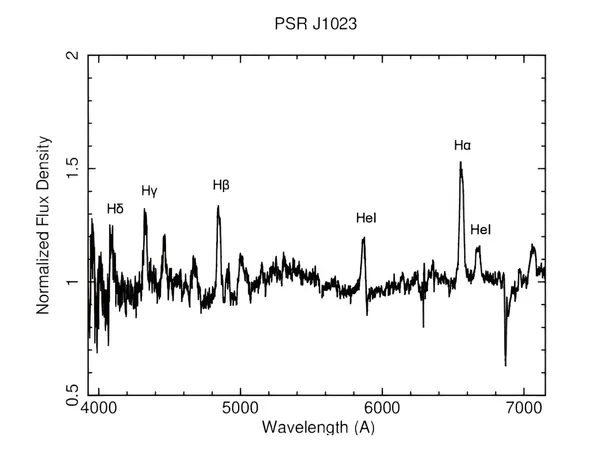
Antarctica's Melting Ice: A Wake-Up Call for Global Sea Levels!
2024-09-28
Antarctica's Melting Ice: A Wake-Up Call for Global Sea Levels!
As climate change accelerates, Antarctica's vast ice sheets are beginning to melt, signaling potential catastrophic consequences for ocean levels far from the frozen continent. David Holland, a leading professor at New York University, reveals the intricate relationship between the melting Antarctic ecosystem and rising sea levels, emphasizing the urgent need for awareness and action in response to these changes.
Holland articulates the mechanics of our planet's climate with remarkable clarity, pointing out that while we are accustomed to understanding atmospheric changes—such as typhoons and monsoons—our knowledge about oceanic patterns remains limited. Consequently, understanding ocean behavior is crucial as it plays a pivotal role in sustaining life on Earth. "The oceans function like a giant conveyer belt, which circulates heat, food, and nutrients crucial for various species," Holland explains.
Currently, Antarctica's melting ice is pouring vast amounts of freshwater into the ocean. This phenomenon could significantly alter ocean dynamics and, consequently, global ecosystems. Holland warns, "The implications for plankton and larger marine life could be profound," as changes in salinity and temperature disrupt established marine food webs.
This melting is influenced by two primary factors: natural variability and human-induced climate change. Holland notes, "While the planet naturally experiences cycles of warming and cooling, the current increase in greenhouse gases due to human activity is unprecedented." The burning of fossil fuels since the Industrial Revolution has led to a sharp rise in atmospheric carbon dioxide, which in turn fuels global warming.
Moreover, oceans are now absorbing about 90% of the excess heat generated by climate change. Worryingly, areas like the Arctic and Antarctic are experiencing "polar amplification," where their temperatures rise at rates four times greater than the global average. "As ice melts and is replaced by dark ocean waters, heat absorption increases—this process known as ice albedo feedback is critical in accelerating warming," Holland emphasizes.
Holland's research focuses on significant features like the Thwaites Glacier and the A23a iceberg. The biology of these glaciers is being disrupted as the freshwater they release impedes the upwelling of nutrient-rich waters. More alarmingly, Thwaites Glacier’s collapse, driven largely by human-induced climate change, could result in a staggering meter rise in sea levels, alongside potential disastrous events like multiple icebergs breaking off and flooding inland areas.
As he reflects on these changes, Holland presents a vital question: Is it wise to invest in coastal properties in the face of rising sea levels? "It truly depends on individual timelines," he states. Short-term investors may see little risk, but for long-term developments, the outlook is ominous, potentially submerging infrastructure.
Holland's research expeditions have also revealed profound transformations in locations like Western Greenland, where once-ice-covered landscapes are now barren rock, exposing communities to new challenges. Species adapted to cold climates are facing significant pressures as the polar regions shift toward warmer ecosystems.
The melting ice of Antarctica is not just a distant issue; it's a hand-in-hand reality impacting communities and ecosystems worldwide. As these changes unfold, they serve as a stark reminder that the repercussions of our actions know no boundaries, making it imperative for us all to stay informed and proactive in combating climate change.
Stay connected for more updates on the climate crisis and its far-reaching effects!



 Brasil (PT)
Brasil (PT)
 Canada (EN)
Canada (EN)
 Chile (ES)
Chile (ES)
 España (ES)
España (ES)
 France (FR)
France (FR)
 Hong Kong (EN)
Hong Kong (EN)
 Italia (IT)
Italia (IT)
 日本 (JA)
日本 (JA)
 Magyarország (HU)
Magyarország (HU)
 Norge (NO)
Norge (NO)
 Polska (PL)
Polska (PL)
 Schweiz (DE)
Schweiz (DE)
 Singapore (EN)
Singapore (EN)
 Sverige (SV)
Sverige (SV)
 Suomi (FI)
Suomi (FI)
 Türkiye (TR)
Türkiye (TR)